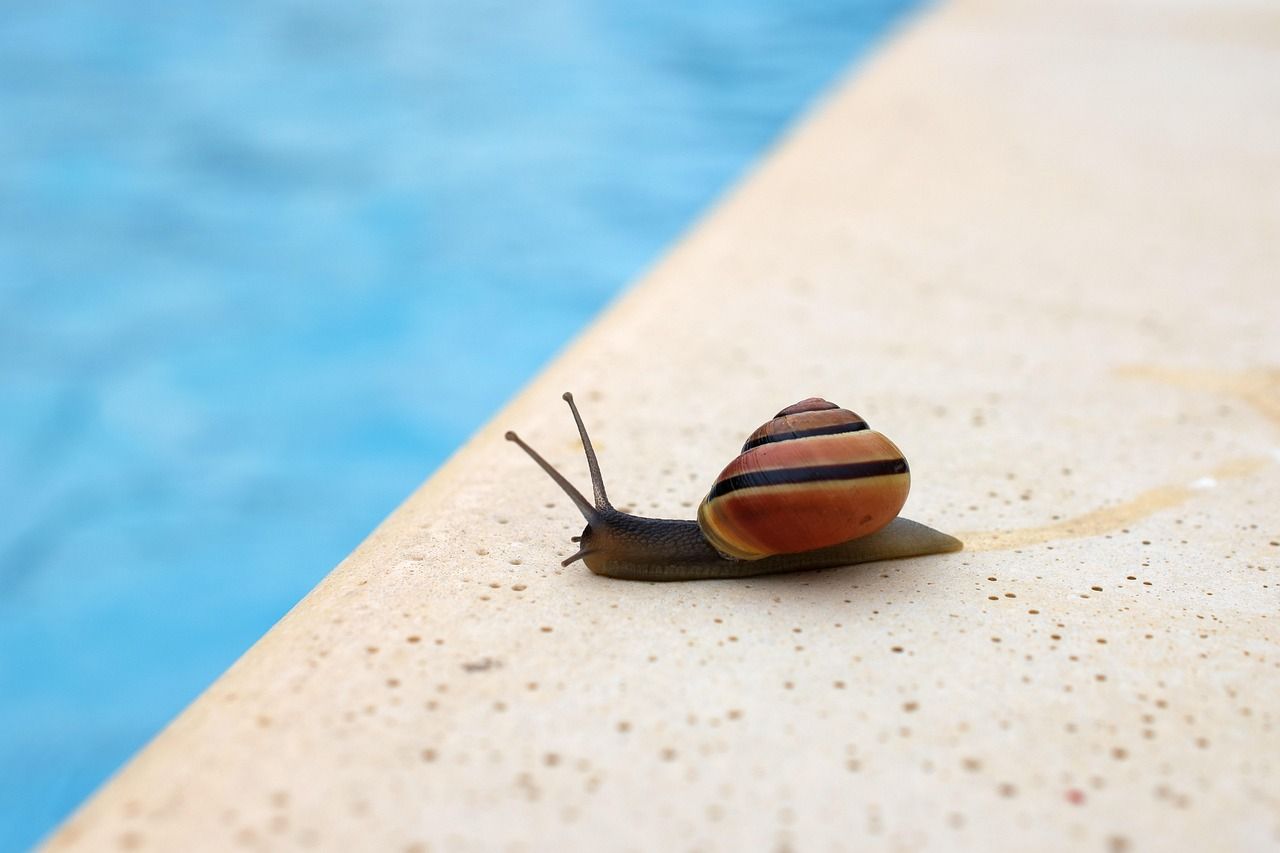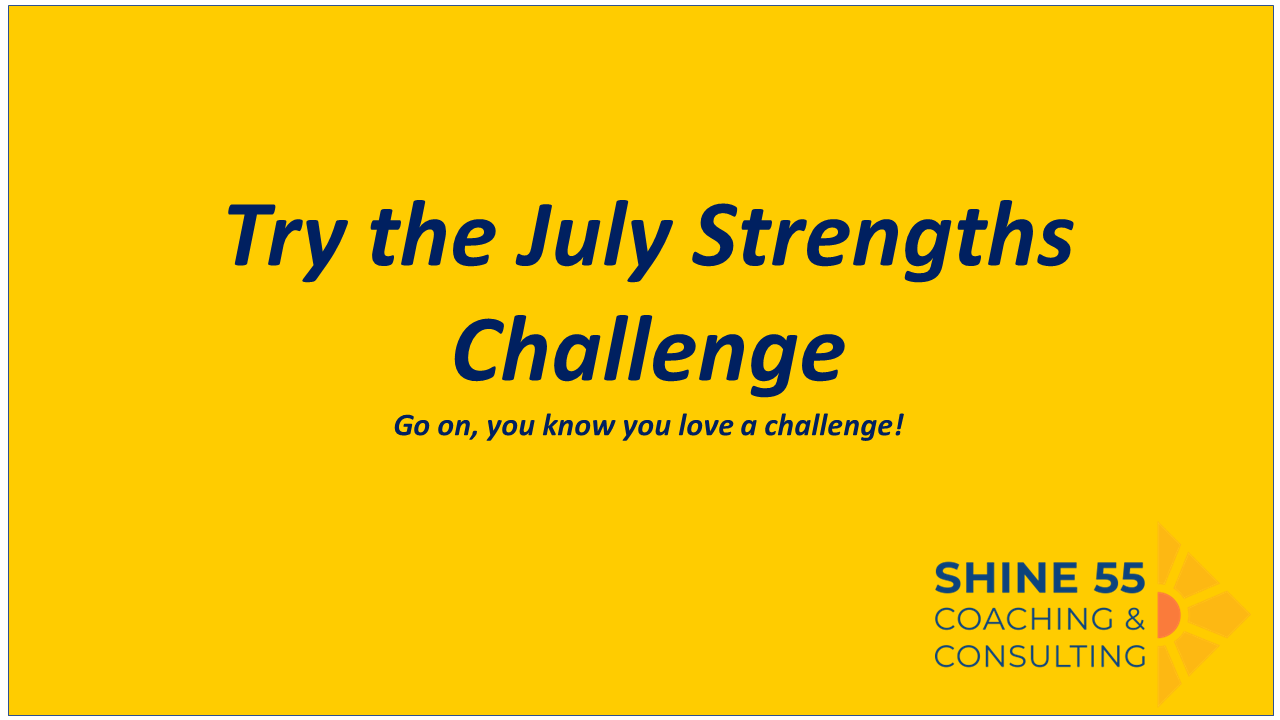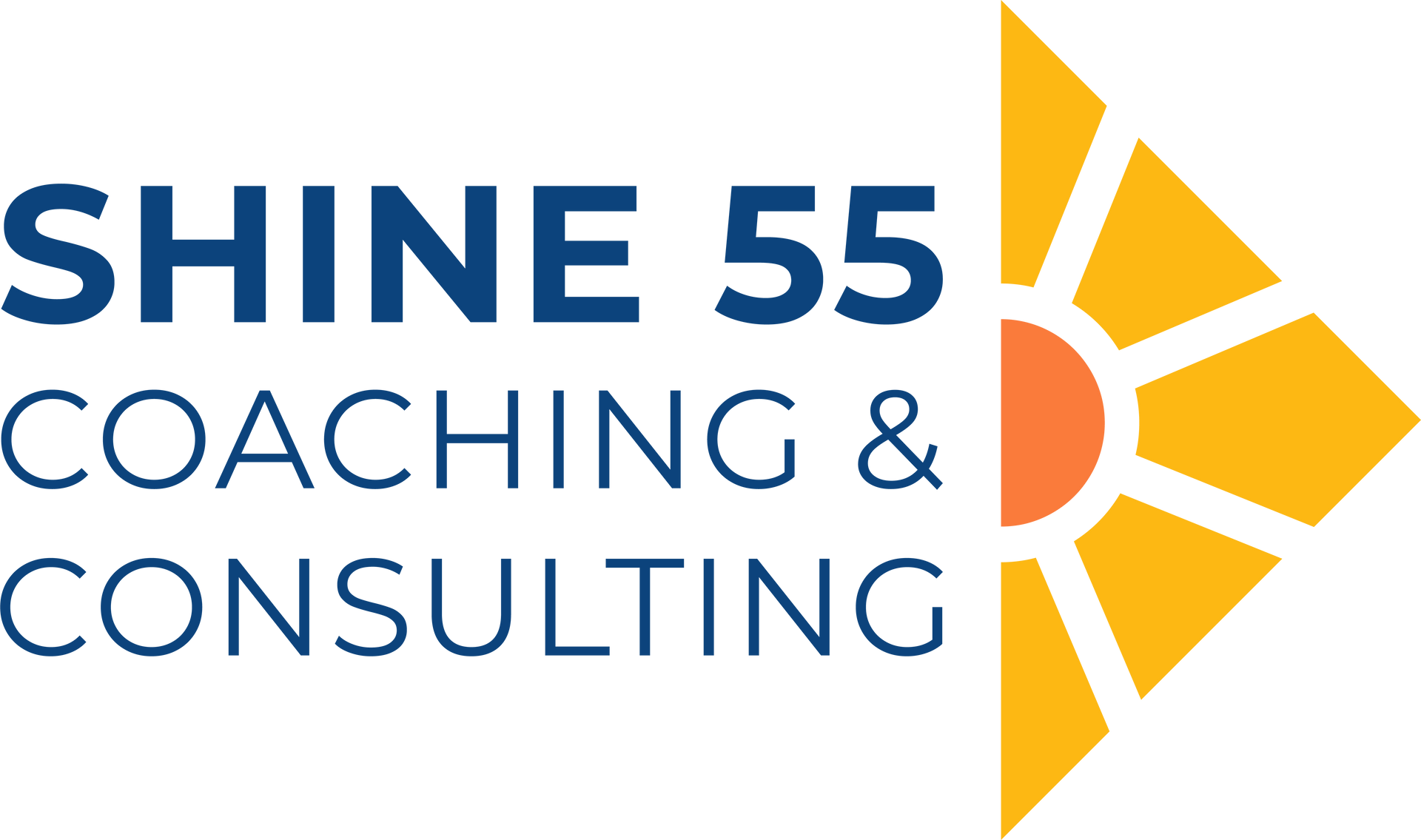Can you be too goal obsessed?
When recruiting a new member to your team, how many times have you read CVs that state the candidate is ‘outcome-focused’ or ‘goal oriented’? You may have it in your own CV. It’s a good thing, right??? Setting goals helps trigger new behaviours, helps guide your focus and encourages you to sustain momentum in life. After all, you can’t manage what you don’t measure, and you can’t improve on something that you don’t properly manage. Setting goals can be highly motivational as well as improving our mental health and our level of personal and professional success.
The type of goal is important
Over 1,000 studies have consistently shown that setting high and specific goals is linked to increased task performance, persistence, and motivation, compared to vague or easy goals (Locke and Latham, 2002, 2006). I can’t deny that I’m a little obsessive on goal setting. Every quarter, I set myself a small number of professional and personal goals (max 3-5), that I write in a little notebook (very retro for a digital advocate I know) and log progress against them. I’d love to tell you that every quarter it’s a 100% success against those goals, but that’s not the case. However, they serve to give me purpose, they help to keep me pushing forward, and encourage me to celebrate or at least acknowledge those successes or even just positive progress towards them. For someone who historically had a natural leaning towards a ‘cup half empty’ approach to life, this alone has been transformative.
Relaxation is important
According to Matt Killingsworth’s ‘Track Your Happiness’ Project, 47% of the time our mind is wandering. Alpha waves show up when our mind is wandering, which means we are relaxing. Brains can’t maintain focus without periods of relaxation. If you focus all of your time on your goals, you can miss really valuable information. Zachary Irving (2015) research found that having a free association thought process that randomly generates memories, and imaginative processes can lead to new ideas and insights. So, some time out is good too.
The value of being present
As someone who focuses a lot on goals, I know how challenging in can be sometimes to live in the moment. Most of our time is spent in the past or the future, rather than the present. What we end up doing is passing through the moment on the way to somewhere else, and as a result, we miss the moment. That’s how life ends up passing us by, we do it to ourselves. In many respects, thinking about the past can help us identify ways to avoid mistakes in the future, and thinking about the future can propel us forward with purpose, both great, but it can also cause problems. My son is regularly calling me out on not listening or only half listening. Now it has to be said there could be a whole chunk of menopausal memory loss and concentration challenge going on, being of a certain age that I am. This morning’s example:
Me: Are you going into the office today?
Son: No, mum, I told you yesterday that I was working at home today
Me: Oh yes, of course
Son: So why am I working at home today, mum?
Me: Wild panic starts to kick in, I start to throw out random guesses as I have no recollection at all
Son: Walks off, eyes rolling to the top of his head. On the positive he doesn’t hold grudges 😊
Menopause memory challenges aside, I know that on occasions I find it hard to remain present. When I am present, it’s always a better outcome. It makes you a better listener. You’ll appreciate what’s around you and let yourself have fun. It can have a profound effect on your mental health, by decreasing stress and abrupt changes in your mood because you have more control over your thoughts. Plus, it helps us absorb more knowledge and improve our skills. When you’re present, you aren’t dwelling on past failures in a negative way or paralysed by the fear of what might happen in the future.
How to remain present - the 5-4-3-2-1 grounding technique
Aside from all the well-trodden paths of breathing exercises, pausing social media, getting out in nature as means of increasing your focus on being present, one simple technique that I love is the 5-4-3-2-1 grounding technique…
Take a moment to pause and name:
· 5 things you can see around you
· 4 things you can touch or feel
· 3 distinct sounds you can hear
· 2 things you can smell
· And finally, 1 thing you can taste
This exercise really helps to ground you in your surroundings and appreciate the moment.
If this blog has been of interest to you, and you'd like to find out how we can work together on building your self-awareness, please get in touch.
If you enjoyed this blog and think colleagues, friends or family may also enjoy reading it, please feel free to share:











